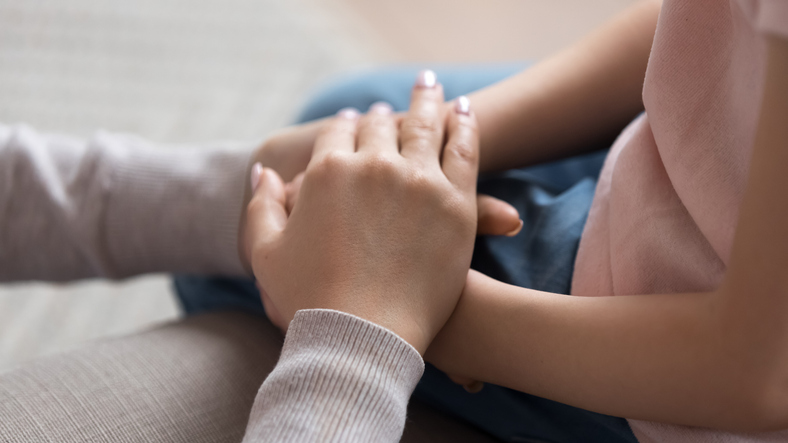Stress and anxiety often go hand in hand — they are a natural part of life that, most of the time, we can cope with and move past. However, when situational anxiety over a test or financial issues turns into long-standing feelings of dread or worry, it is time to take a deeper look and consider treatment possibilities.
Anxiety looks different for everyone, and at the Yang Institute of Integrative Medicine, we help our clients restore their normal balance, reducing feelings of fear and panic attacks, which can quickly become a distraction or hindrance to their daily lives. Our practitioners work to find the root of your condition and prioritize anxiety treatment without medication where possible. Find integrative, person-informed treatment in Philadelphia and beyond today.
Integrative Medicine for Anxiety
Anxiety comes in many forms and levels of severity, but if it interferes with your life, The Yang Institute wants to help you overcome it. Learn more about these life-changing conditions and discover some of the strategies we can use to help you improve your quality of life.
Generalized Anxiety Disorder Symptoms
Individuals with generalized anxiety disorder (GAD) display excessive anxiety or worry, most days for at least 6 months, about a number of things such as personal health, work, social interactions, and everyday routine life circumstances. The fear and anxiety can cause significant problems in areas of their life, such as social interactions, school, and work.
Generalized anxiety disorder symptoms include:
- Feeling restless, wound-up, or on-edge
- Being easily fatigued
- Having difficulty concentrating; mind going blank
- Being irritable
- Having muscle tension
- Difficulty controlling feelings of worry
- Having sleep problems, such as difficulty falling or staying asleep, restlessness, or unsatisfying sleep

Panic Disorder Symptoms
People with panic disorder have recurrent unexpected panic attacks. Panic attacks are sudden periods of intense fear that come on quickly and reach their peak within minutes. Attacks can occur unexpectedly or can be brought on by a trigger, such as a feared object or situation.
During a panic attack, people may experience:
- Heart palpitations, a pounding heartbeat, or an accelerated heart rate
- Sweating
- Trembling or shaking
- Sensations of shortness of breath, smothering, or choking
- Feelings of impending doom
- Feelings of being out of control
Phobia-related Disorders Symptoms
A phobia is an intense fear of—or aversion to—specific objects or situations. Although it can be realistic to be anxious in some circumstances, the fear people with phobias feel is out of proportion to the actual danger caused by the situation or object.
People with a phobia:
- May have an irrational or excessive worry about encountering the feared object or situation
- Take active steps to avoid the feared object or situation
- Experience immediate intense anxiety upon encountering the feared object or situation
- Endure unavoidable objects and situations with intense anxiety
Integrative Treatment for Anxiety
Whether you have been diagnosed with any of the above conditions or are still searching for the diagnosis that fits you, the Yang Institute welcomes you. Each of our clients receives personalized care based on a customized treatment plan that incorporates integrative medicine, advanced technology and proven modalities, including:
- Psychiatry and medication management: Our certified psychiatrists work with the rest of our staff to find medications that complement your treatment.
- Advanced nutrient therapy: Help your body find balance with nutrients that help restore chemical levels and improve bodily function.
- Acupuncture: Acupuncture is a staple of traditional Chinese medicine, and it can help with a range of disorders, including anxiety, chronic pain and hormonal imbalances.
- Neurofeedback therapy: Our state-of-the-art technology helps you learn more about your brain so we can train it to work more efficiently and reduce anxiety.
Our integrative medicine for anxiety can combine all these treatments and more, helping you find a balance between modern medicine and time-tested solutions from around the world.
Choose The Yang Institute’s Integrative Approach to Anxiety
Anxiety happens, but when it affects your quality of life, reaching out for help is the next step. The Yang Institute is here for you — we are prepared to present every treatment option until we find the results that work best for you. Whether that includes Traditional Chinese Medicine, therapy, medications or a combination of them all, you can trust that we will deliver the excellent care we are known for.
Learn how we can help you find a better path to a calmer, more relaxed future by speaking with Dr. Yang and our practitioners.
